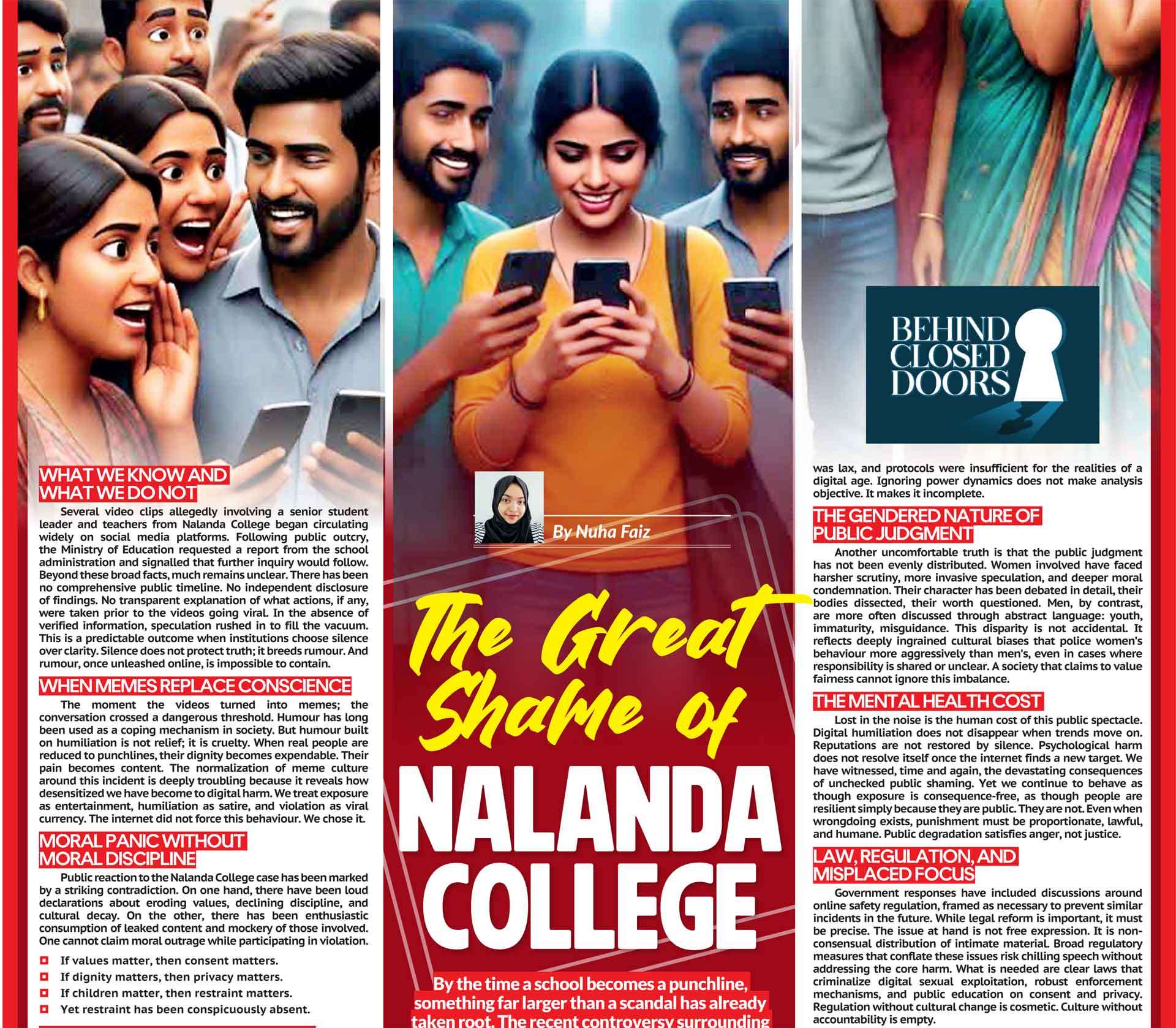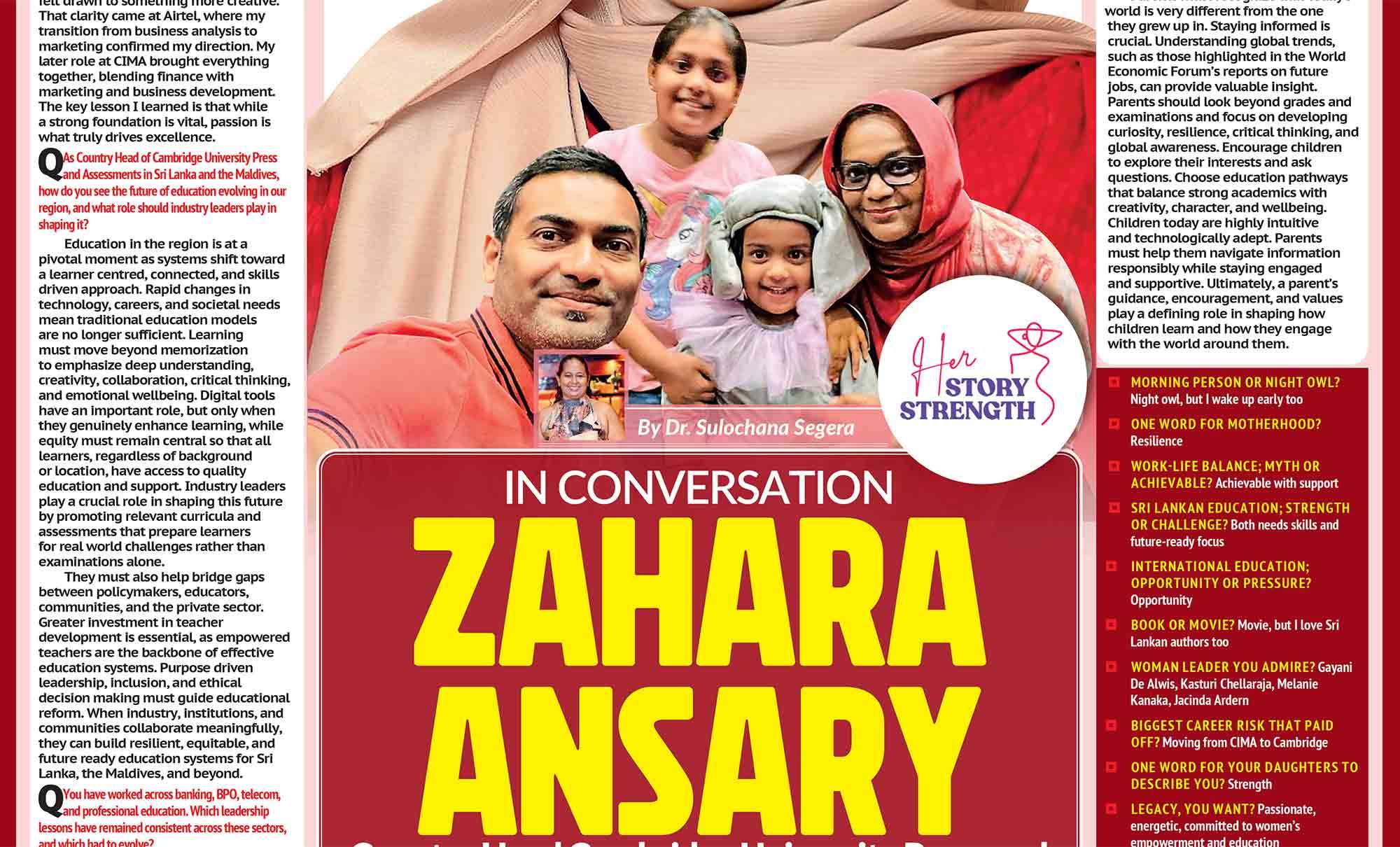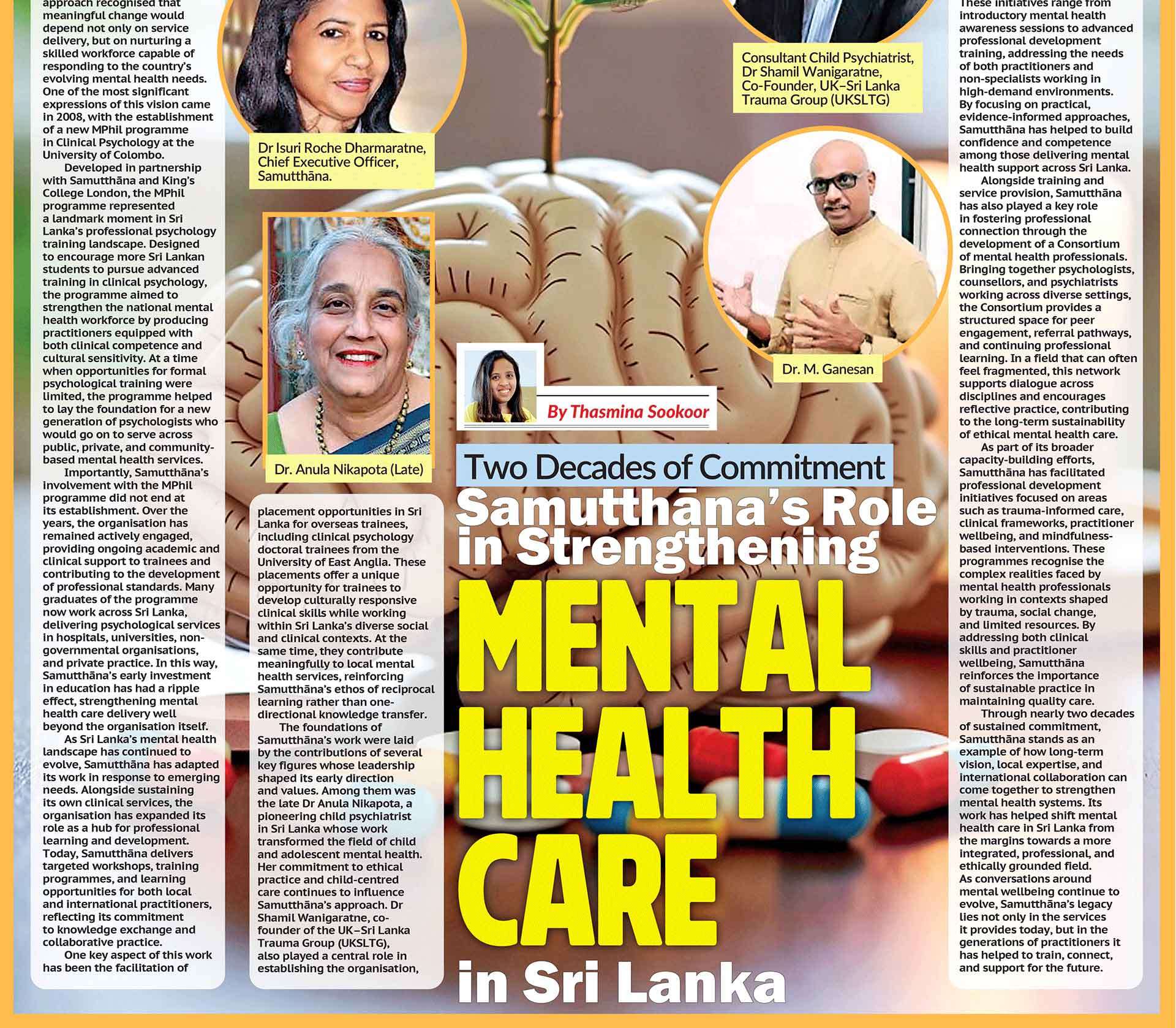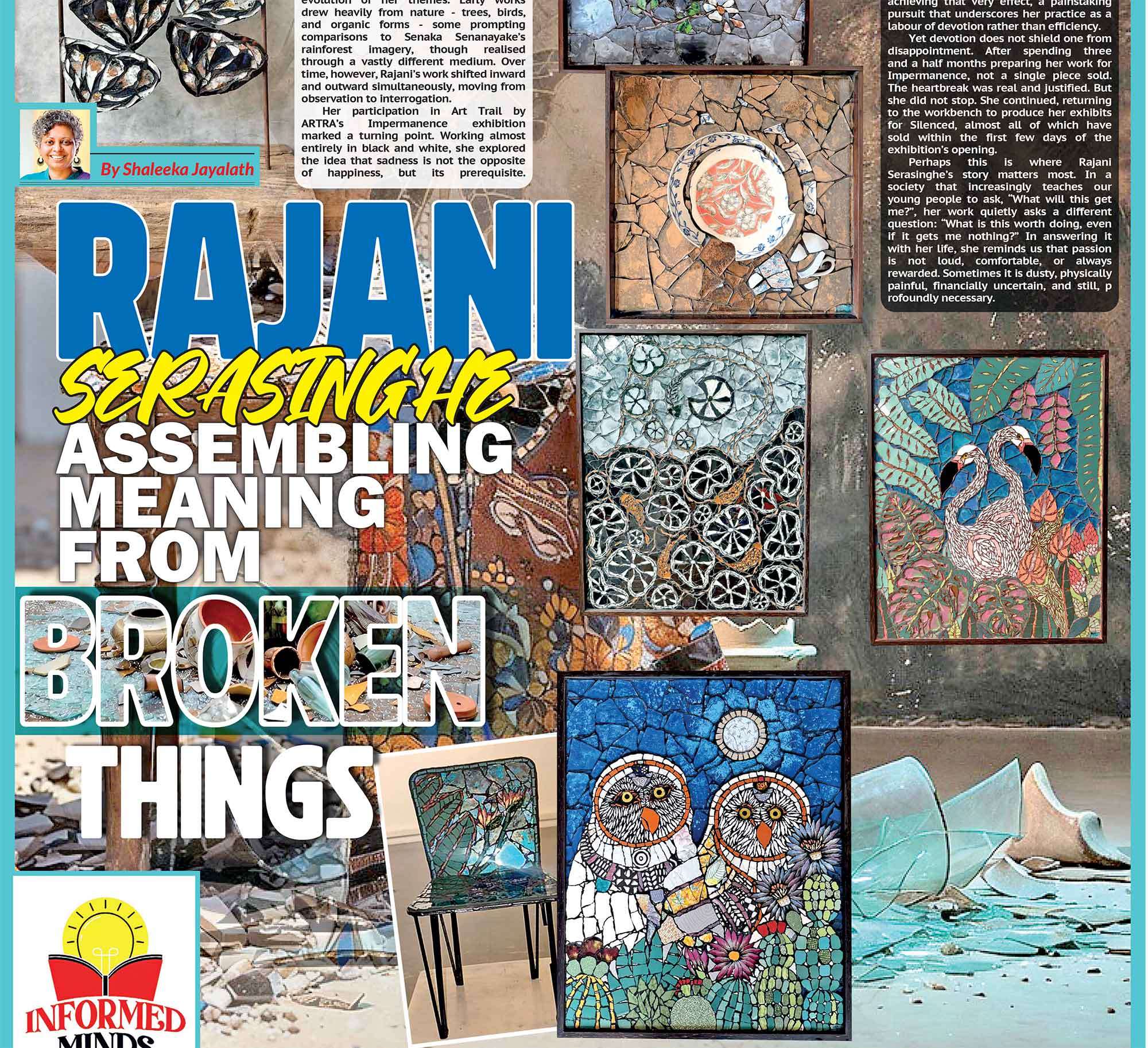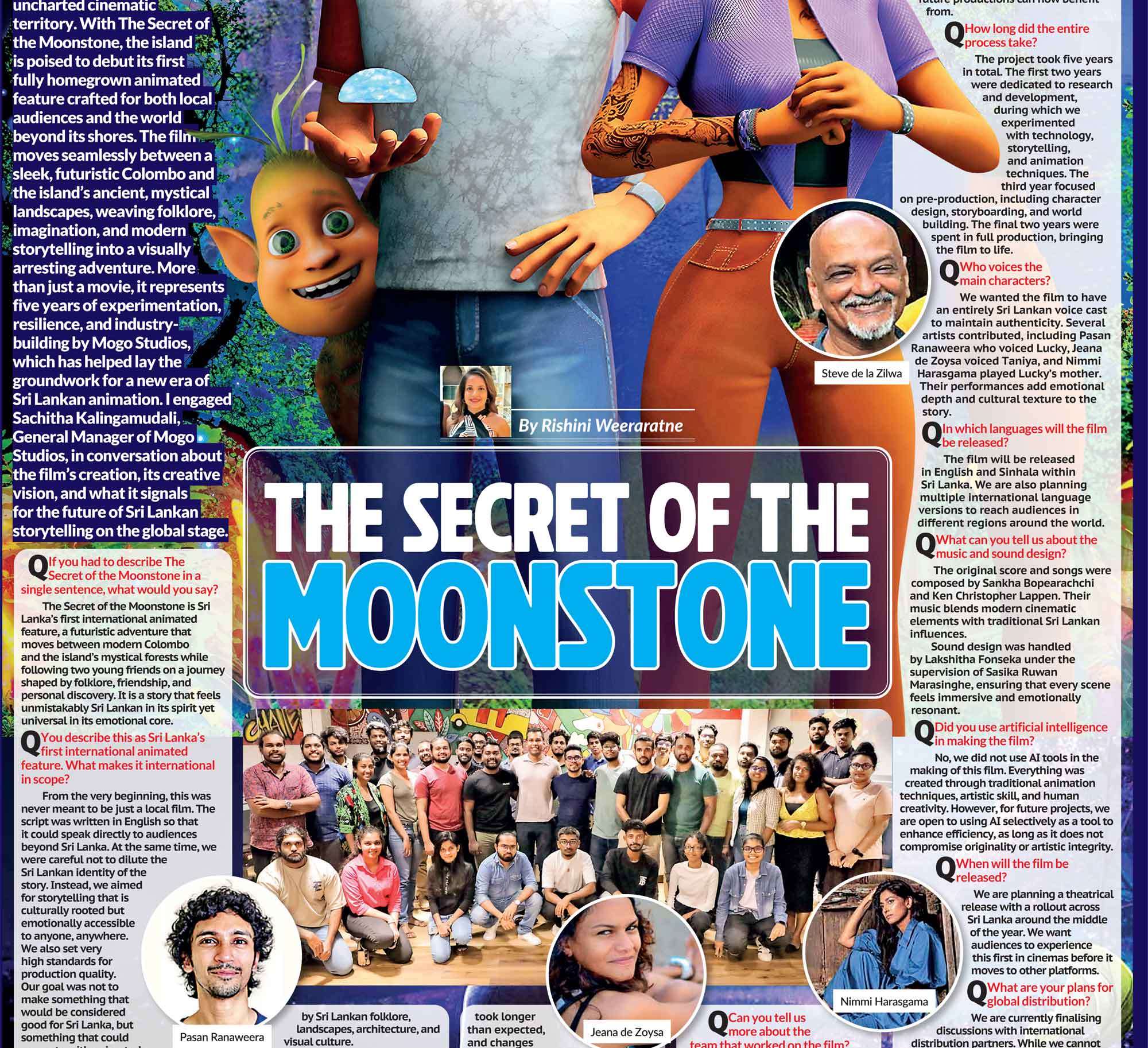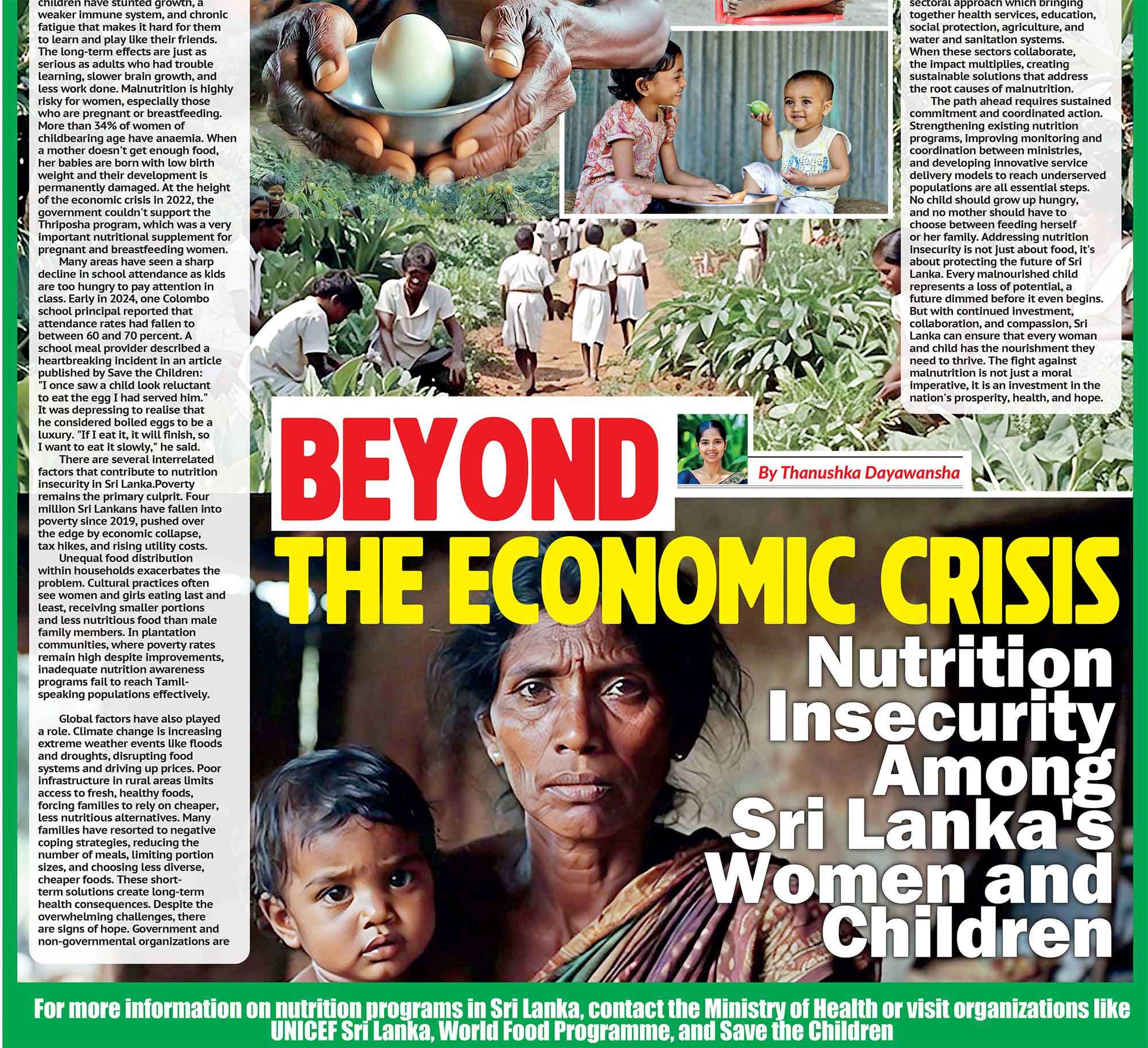
A generation or two ago, romance was similar to a quiet flame, tended to with care. Today, it tends to be more akin to a firework that fizzles out the moment the spectacle is over. What happened to good old-fashioned love? And where is the patience, the slow unfolding of affection, and the chivalrous courtship that built marriages to last, not for years, but for lifetimes?
 For my grandparents, love did not reside in grandiose gifts or public declarations. Rather, it was demonstrated in regular acts of thoughtfulness and support. My grandfather began each morning of his married life with the simplest of commitments – a cup of tea for my grandmother. As the years went by, he would additionally help her get ready in the morning. Fast forward a generation, and my father continued what he had learnt subconsciously from his father before him – starting the day with a cup of coffee for my mother. He also (without appearing to stick his oar in!) took over a significant part of the household operations. My mother and grandmother alike reciprocated with trust and support, enabling their spouses to live life on their terms. There was no Instagram in either generation to capture these simple gestures, and certainly no audience to applaud their devotion. It was private, sacred, and deeply real.
For my grandparents, love did not reside in grandiose gifts or public declarations. Rather, it was demonstrated in regular acts of thoughtfulness and support. My grandfather began each morning of his married life with the simplest of commitments – a cup of tea for my grandmother. As the years went by, he would additionally help her get ready in the morning. Fast forward a generation, and my father continued what he had learnt subconsciously from his father before him – starting the day with a cup of coffee for my mother. He also (without appearing to stick his oar in!) took over a significant part of the household operations. My mother and grandmother alike reciprocated with trust and support, enabling their spouses to live life on their terms. There was no Instagram in either generation to capture these simple gestures, and certainly no audience to applaud their devotion. It was private, sacred, and deeply real.
Contrast this with the world we live in today. Romance, especially among the millennials and Gen Z, appears to be (at least to my old eyes!) less about love and more about optics. Who you are seen with, where you are photographed, what hashtags you attach - these seem to define affection. As for dates? These need to be aspirational to be appreciated: branded gifts, elaborate surprises, the perfect Valentine’s post. And one cannot help but wonder whether such love is indeed true? After all, if one feels obliged to make such a spectacle of it, was it ever real to begin with?
The wisdom of old-fashioned love lay in its simplicity. It was not about self-promotion; it was about sacrifice. Yesteryear couples grew old together but remained perpetually young at heart, united not by luxury but by loyalty. They did not give up when storms came. Husbands nursed their wives through dementia, taking over in the kitchen (however burnt the outcome!) rather than ordering in. They found companionship in sitting silently with one’s head resting on the other’s shoulder while watching television. They found time to enjoy sunrises and sunsets with a cup of tea, discover each other’s interests, and listen to each other rant. Their definition of romance was less cinematic and more ordinary (although those supposedly ordinary moments may very well make for a Merchant Ivory script in this day and age!).
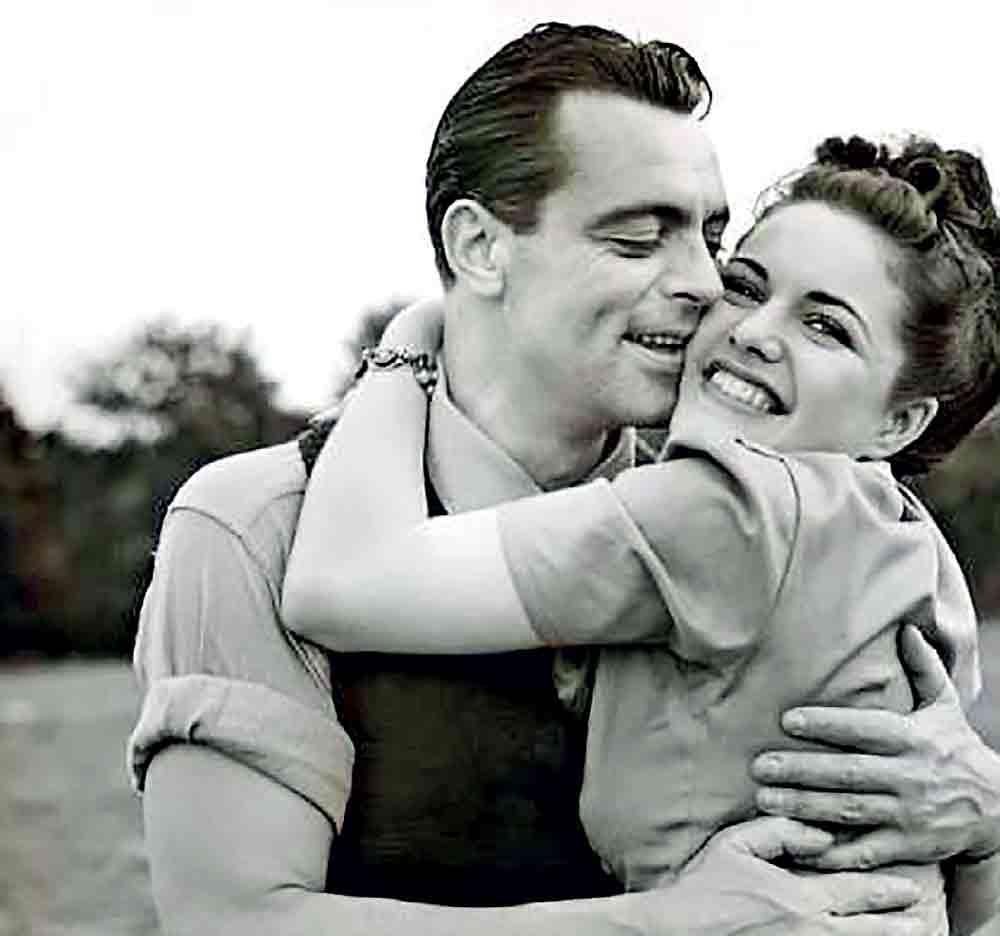
Consider Erich Segal’s line from the book and movie Love Story: “Love means never having to say you’re sorry.” It is a phrase that shaped an entire generation. But how practical is it? In reality, every meaningful relationship eventually requires an apology. And yet we hesitate.
Our ego whispers: “Why should I say sorry first?” This is the curse of expectation - it is ego, not love. For if you expect, it is ego. If you don’t, it is love. The truth is simple: forgiveness does not begin until someone speaks that one small word. Without it, resentment festers. And often, relationships collapse, not from grand betrayals, but for want of a single “sorry.” Is proving you were right really more important than saving the relationship? Couples of the past understood this truth instinctively and opted for love over pride.
We are all human and thus we are all flawed. Up until the time we get married, we choose to see what we want to see, and therefore quite naturally we see perfection in our partners. But life together has a way of revealing what courtship conceals. It is only when we start living under the same roof, when compromise becomes necessary, that we begin to notice each other’s flaws. The test of love is not in denying these imperfections, but in embracing them. To truly love another is to be supportive of their dreams, to love them wholeheartedly for who they are, and to give them the freedom to fly rather than try to change them into our idea of perfection.
What, then, of kindness? Are our egos so large that we must win every argument, even at the cost of harmony? Ask yourself what matters more: the argument or the relationship? Letting go does not mean weakness; it means choosing love over pride. The greatest romances of the past survived not because the partners involved were flawless, but because they learned to forgive, to let go, and to begin again.

But where, in today’s world, is this humility? Among Gen Z, love is often conditional, transactional, even performative. What happened to the concept of soulmates? Must one swipe endlessly on apps and curate images for strangers before finding what used to blossom so naturally? Romance has become less about the soul and more about the selfie.
The influence of consumer culture has not helped. Gifts of old carried symbolism: my grandfather bought my grandmother Pearl a piece of jewellery with pearls each year. In his words, they were “pearls for his Pearl”. Contrast this with the performative extravagance of today - Prada bags, foreign trips, and extravagant five-star hotel parties to equate value with price tags (and post about it for the entire world to comment on for good measure!). A single rose, once the height of courtly gesture, is now seen as inadequate. Even gender dynamics are shifting in confusing ways. While equality should mean mutual respect, we risk losing the chivalry that once added grace to courtship. Splitting the cheque has its place (and is fine if one is a struggling student and resources need to be pooled), but why not also allow the joy of simple generosity, the delight of giving without monetary calculation? (Indeed, if one opted for cheese kottu at Plaza over a buffet at Graze Kitchen, there would be no need to “split the cheque”!)

There is, of course, the argument that every generation redefines love in its own way. But not all redefinitions are improvements. Divorce rates climb, families fracture, and loneliness persists despite (or, perhaps even, because of!) the endless chatter of social media. The irony is that in a world more connected than ever, hearts seem more isolated than before.
Perhaps the answer lies in revisiting the past. The lessons our grandparents lived by are not outdated. Rather, they are timeless. To grow old together requires patience, forgiveness, and above all, commitment. It requires seeing love not as a highlight reel for others to consume, but as a private covenant between two souls.
The old virtues of love can still guide us if we let them. Loving-kindness teaches us to accept one another, flaws and all. Compassion gives us the strength to protect and support our partners, even at personal cost. Empathetic joy allows us to celebrate each other’s successes without envy. And equanimity reminds us that love must endure through both sunshine and storm. In the end, commitment is what makes romance last, giving meaning to Shakespeare’s eternal words that “love is not love which alters when it alteration finds.”

We must remind our teenagers that love does not need spectacle. It needs sincerity. True romance is not in the perfection of a post, but in the imperfection of a life shared, hand in hand, through quarrels and reconciliations, sickness and health, triumphs and disappointments. In the words of Frank Sinatra, if one can say, “with all your faults, dear, I love you still”, then they get a step closer to that rarest of bonds we all dream of: soulmates. If young people could learn just this one truth from the generations before them, perhaps the word “forever” would once again carry meaning.
Love, at its heart, is never about expectation. It is not about what you receive, but what you give. And it is certainly not about proving a point. It is about being the first to say sorry about choosing humility over pride, about cherishing one person enough to weather the storms. That kind of romance may seem old-fashioned, but it is precisely what this new generation, living in the glare of performative affection, needs to rediscover. Courtship may be dead, but it does not have to remain buried. The spark can be rekindled, if only we have the courage to love, not for the crowd, nor for the photograph, but for the person beside us.



